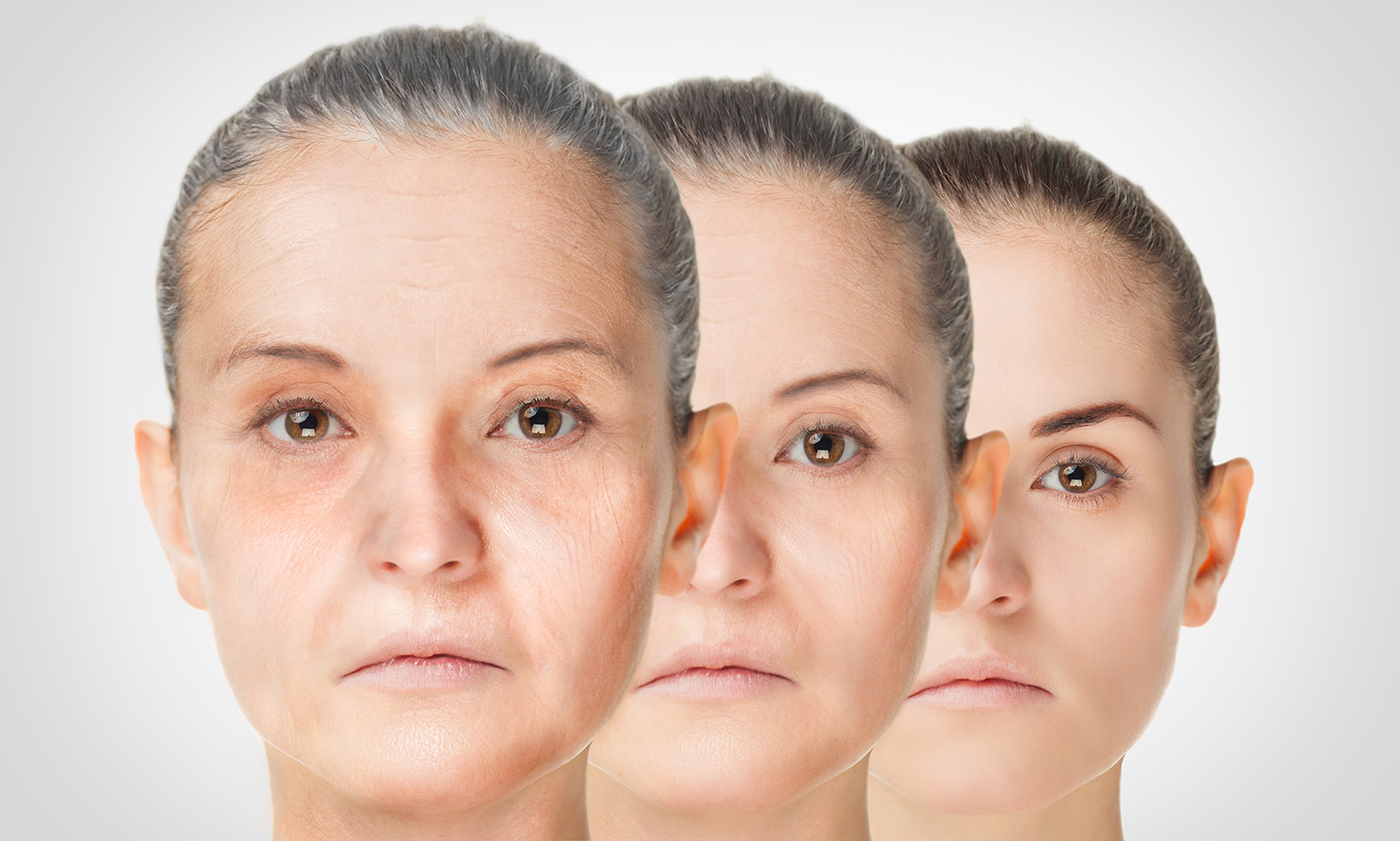Your eyes are precious gifts and should last a lifetime. But unfortunately, many people take their sight for granted. The reality is that most people do not believe that they are at risk for developing eye problems. And ironically, the bulk of those appear to the 78,000,000 Baby Boomers who are actually in the highest risk category. And to make matters even worse, a great majority of “graying” America does not even get regular eye screenings even if they have a family history of eye disease. Most are also totally unaware of the factors that may increase their susceptibility for developing eye problems.
Today, virtually the entire medical community is in total agreement that everyone is at risk for eye health problems. So here are a few common-sense health rules to support healthy eyes.
- Don’t smoke…and if you do, stop. Smoking exposes your eyes to high levels of oxidative stress. And while the connection to age-related macular degeneration has not been clearly identified, it is known that smoking increases your risk.
- Exercise…it improves circulation and helps keep eyes moist, clear and functional.
- Have an eye examination every two years. Much like mammograms or stress tests, detecting eye problems at an early stage is crucial to preventing further damage.
- Wear protective glasses while playing sports.
- Take periodic breaks from the computer or from other close work to relax your eyes.
It’s time the ‘Baby Boomer’ generation, who are now in their 50s and 60s, became more serious about eye health and age-related vision impairment problems because if left undiagnosed or untreated they could cause permanent dysfunction.
Obviously, age-related eye disease can seriously affect your quality of life and well-being. Vision impairment makes it more difficult for older adults to live independently and face the challenges of everyday living. Plus, failing vision increases the risk for accidents and falls. Impaired vision may also reduce a person’s capacity to develop and maintain relationships and to participate in various activities, which can then lead to depression and social isolation. But what you may not realize is that with diminished vision, you may also have cognitive impairment or problems with thinking, learning and memory, according to a study in the Archives of Ophthalmology, one of the JAMA/Archives journals.
Nutrition plays a vital part in the health and care of our eyes. Certain vitamins, minerals, and herbs are generally known to support, protect and preserve healthy vision. Not only is a healthy diet important for immediate and long-term eye health, but several research groups are studying these nutrients to see how much of a role they have in reducing the risk of cataracts and macular degeneration.
Antioxidants Vitamins A, C and E play a vital role in eye health along with other important nutrients.
Vitamin A
Vitamin A is found abundantly in food sources that contain carotenoids, the red and yellow pigments in plants and animals which act as antioxidants. Certain carotenoids, such as lutein and zeaxanthin are found in large amounts in the lens and retina of our eyes.
Science Daily (December 6, 2004) reported a study from Ohio State University that provides evidence from laboratory experiments done on human lens cells showing that lutein and zeaxanthin, help to protect the cells from exposure to ultraviolet light, a leading cause of cataract formation.
Vitamin A is currently being studied for its role in assisting the body in reducing the risk of night blindness and the risk of blindness from macular degeneration, the leading cause of blindness in the world.
Sources of Vitamin A include liver, butter, squash, peaches, apricots, broccoli, spinach, yellow peppers, bilberries, the yellow of eggs and of course, carrots.
Vitamin C
Vitamin C is a powerful antioxidant that assists the body in reducing the level of protein buildup in the eyes which may lead to blurring of vision. Without adequate supply of Vitamin C, studies show that eye vision may begin to deteriorate. It is interesting to note that the concentration of vitamin C in the vitreous humor (the clear liquid in the eyeball) is about twenty-five times more than the concentration of Vitamin C in our blood. It is 100 times more in the retina.
Citrus fruits, berries, peppers, tropical fruits, are good sources of Vitamin C.
Vitamin E
Vitamin E is a powerful antioxidant working to counter the effects of oxidation on the tissues and structure of the eyes. Much research is underway to see whether Vitamin E may nutritionally support ocular health by helping to reduce or retard the risk-potential of cataracts and macular degeneration (AMD).
Sunflower seeds and nuts are good sources of vitamin E.
B-Complex Vitamins
B-Complex Vitamins are associated with eye health. Studies have theorized that a deficiency of B-complex may result in light sensitivity, paralyzed eye muscles, itching, burning, blood shot, and watering eyes.
- Vitamin B1 (Thiamin) is important for eye metabolism.
- Vitamin B2 (Riboflavin) affects the mucous membranes and helps keep the tissues in the eyes and nose moist. It also maintains the supply of glutathione, a major antioxidant in the lens of the eye.
- Vitamin B3 (Niacin) helps to increase the flow of blood to the optic nerve.
- Vitamins B5 (Pantothenic acid) is particularly important for eye stress. A deficiency may result in nerve and optic degeneration.
- Vitamin B7 (Biotin) is an energy metabolizer and a synthesizer of niacin.
- Vitamin B12 affects the optic nerve tissue by helping to strengthen it.
- Vitamin B9 (Folic acid) is known to improve general visual problems.
Minerals
Minerals such as Selenium, helps your body to absorb vitamin E and also helps it to make its own antioxidants. Zinc helps in the absorption of vitamin A in the body. It is also part of an enzyme that reduces the number of free radicals.
Other Nutrients for Eye Health
- Alpha Lipoic Acid provides powerful antioxidant protection.
- N-Acetyl Cysteine helps prevent dry eyes by keeping the moisture level in the eyes in balance.
- Choline is important in the management of glaucoma.
- Bilberry helps improve the flow of blood through the capillaries in eyes. It is also used to treat diabetic retinopathy, and macular degeneration.
- Grapeseed improves the peripheral circulation of the eyes, and also strengthens the capillaries.
- Eyebright is an herb which helps to soothe distressed eyes.
- Ginko biloba helps reduce puffiness of eyes and dark circles.
- Bayberry root powder has astringent and antibacterial properties.
Fresh sources of these nutrients are the best support for eye health. But if this is not always possible, consult with your health provider about the benefits of supplementation. There is accumulating scientific and clinical evidence which supports the fact that the potent and protective blend of special nutrients may significantly help fortify the eyes and help support healthy ocular tissue, retinal function and good vision into old age.
Article Source: Articlesbase
Author: Kevin Agrawal
New Vitality is a health supplements company. It develops supplement products which are carefully formulated under the guidance of an elite panel comprised of renowned doctors, nutritionists, chemists and researchers.





